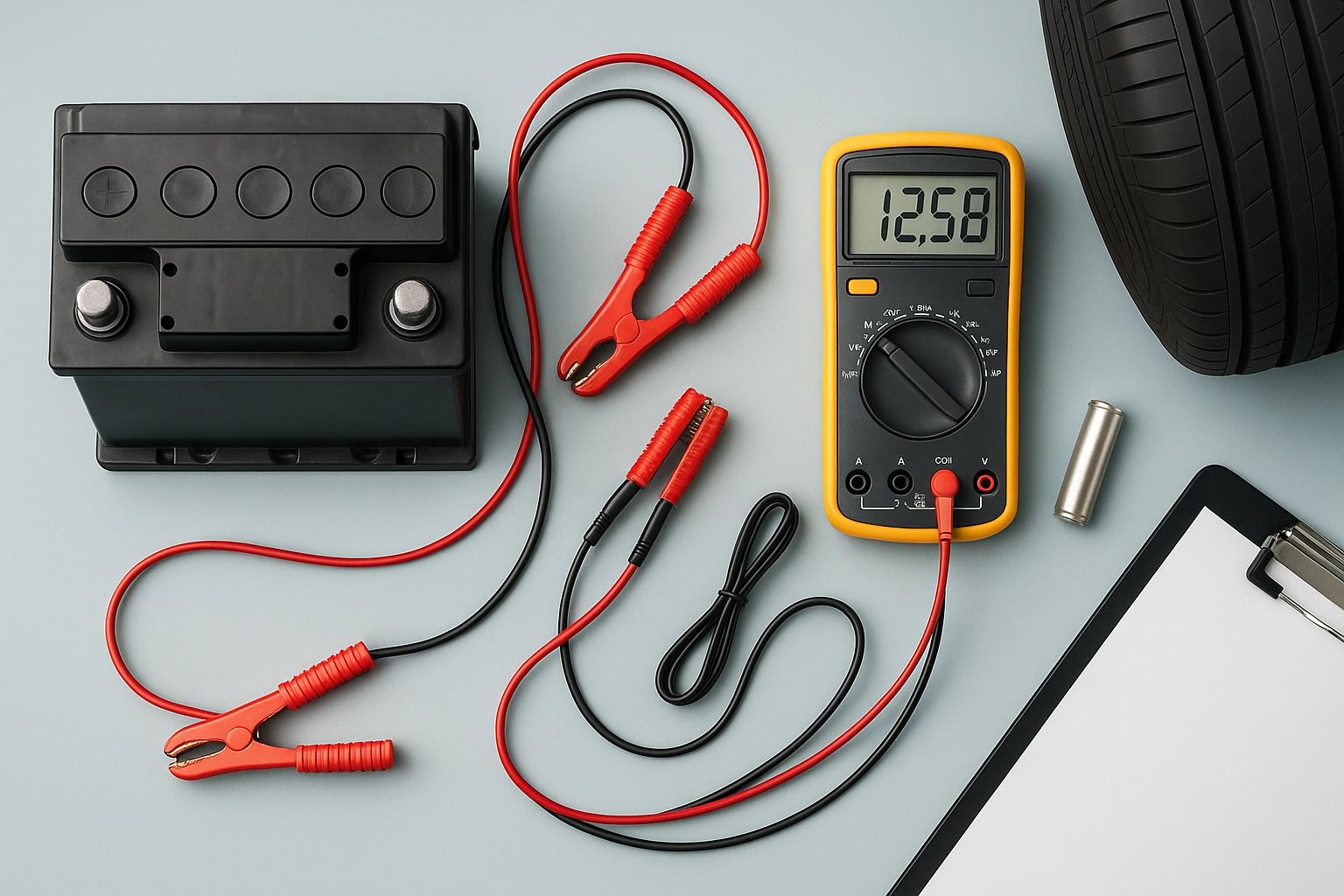ISO 18300 Battery Pack Electrical Performance Testing
The ISO 18300 series of standards provides a comprehensive framework for testing and evaluating the electrical performance of battery packs used in automotive applications. This service focuses on the specific requirements laid out in ISO 18300-2, which deals with the electrical performance of lithium-ion (Li-ion) batteries.
The testing protocol covers a range of critical parameters that are essential for ensuring the reliability and safety of battery packs in automotive environments. These include voltage measurement, internal resistance determination, temperature response assessment, and capacity retention evaluation under various conditions. The service is designed to meet the needs of quality managers, compliance officers, R&D engineers, and procurement professionals who require accurate, reproducible data to support product development and regulatory compliance.
The testing process begins with careful specimen preparation, ensuring that the battery pack being tested represents the intended use case in automotive applications. This includes preconditioning the battery pack according to specified conditions outlined in the standard, which can vary depending on the type of Li-ion cell used. Once prepared, the battery is subjected to a series of tests designed to simulate real-world operating conditions.
The primary apparatus used in this testing includes precision multimeters for voltage measurement, impedance analyzers for internal resistance determination, and temperature-controlled chambers for simulating different environmental conditions. The acceptance criteria are based on the performance limits defined by ISO 18300-2, which specify allowable deviations from expected values for each parameter.
The results of these tests are meticulously recorded and analyzed to ensure compliance with the standard. Reporting is provided in a format that can be easily integrated into quality management systems, regulatory submissions, or internal documentation. This ensures that all relevant stakeholders have access to the data needed to make informed decisions about product design and manufacturing processes.
Scope and Methodology
The ISO 18300 series of standards covers a wide range of testing procedures for Li-ion batteries, including those used in automotive applications. This service specifically targets the electrical performance aspects as outlined in ISO 18300-2. The scope includes:
- Measurement of open-circuit voltage (OCV) and short-circuit current (SCC)
- Determination of internal resistance using impedance analysis
- Evaluation of capacity retention under various discharge rates
- Assessment of temperature response during charging and discharging
The methodology involves several key steps:
- Preconditioning: The battery pack is preconditioned to specific conditions before testing begins. This ensures that the test results are consistent and comparable.
- Measurement: Precision instruments are used to measure voltage, internal resistance, and temperature during various stages of the test cycle.
- Data Analysis: The collected data is analyzed using statistical methods to ensure compliance with acceptance criteria.
- Reporting: Comprehensive reports are generated that detail all test parameters and results, along with any deviations from expected values.
This structured approach ensures that the testing process is both thorough and reproducible, providing reliable data for decision-making purposes.
Benefits
The benefits of ISO 18300 Battery Pack Electrical Performance Testing are numerous. Compliance with this standard helps manufacturers meet stringent regulatory requirements, enhancing the safety and reliability of automotive battery packs. This testing also aids in identifying potential issues early in the development process, allowing for timely corrections and improvements.
By ensuring that battery packs meet the specified performance criteria, this service supports the quality management systems of organizations involved in automotive manufacturing. It also facilitates smoother interactions with regulatory bodies, reducing the risk of non-compliance penalties.
The detailed data provided by this testing can be invaluable for R&D teams looking to optimize battery pack designs and improve overall performance. Additionally, it provides procurement professionals with the confidence needed to select high-quality components that meet industry standards.
Industry Applications
ISO 18300 Battery Pack Electrical Performance Testing is widely used in various sectors within the automotive industry. Here are some key applications:
| Application Area | Description |
|---|---|
| Battery Module Development | This testing ensures that individual battery modules meet performance expectations before being integrated into larger systems. |
| R&D for New Battery Chemistries | It helps in validating the electrical performance of new battery chemistries, ensuring they meet automotive requirements. |
| Quality Control in Manufacturing | This testing is crucial during production to ensure that all battery packs meet specified quality standards. |
| Regulatory Compliance Audits | Manufacturers use this service to prepare for and pass regulatory audits, ensuring compliance with international standards. |
The testing process also supports the development of new models by providing data that can be used to improve existing designs. This ensures that each new model meets or exceeds performance expectations set by industry leaders.
- Enhanced safety: By identifying potential issues early, this service helps prevent accidents caused by faulty battery packs.
- Improved efficiency: Testing ensures that the battery pack operates efficiently under all expected conditions.
- Increased reliability: This testing helps ensure that the battery pack will perform consistently over its entire lifecycle.
The data generated from these tests can also be used to inform marketing strategies, ensuring that claims about product performance are based on verifiable facts.





